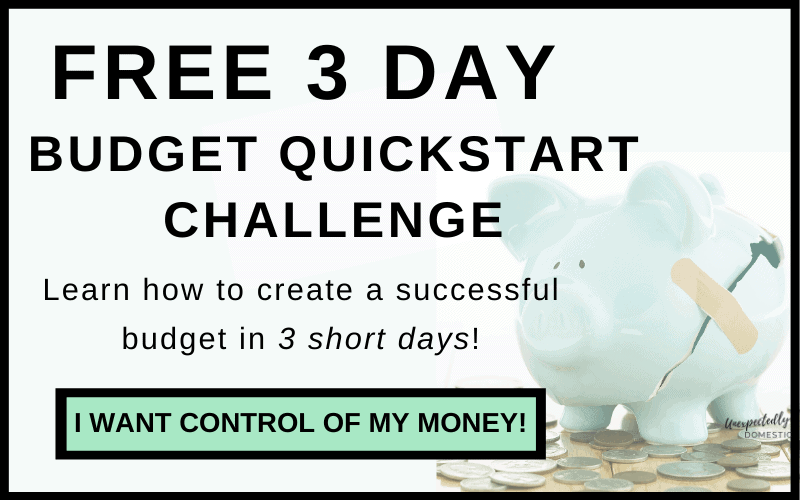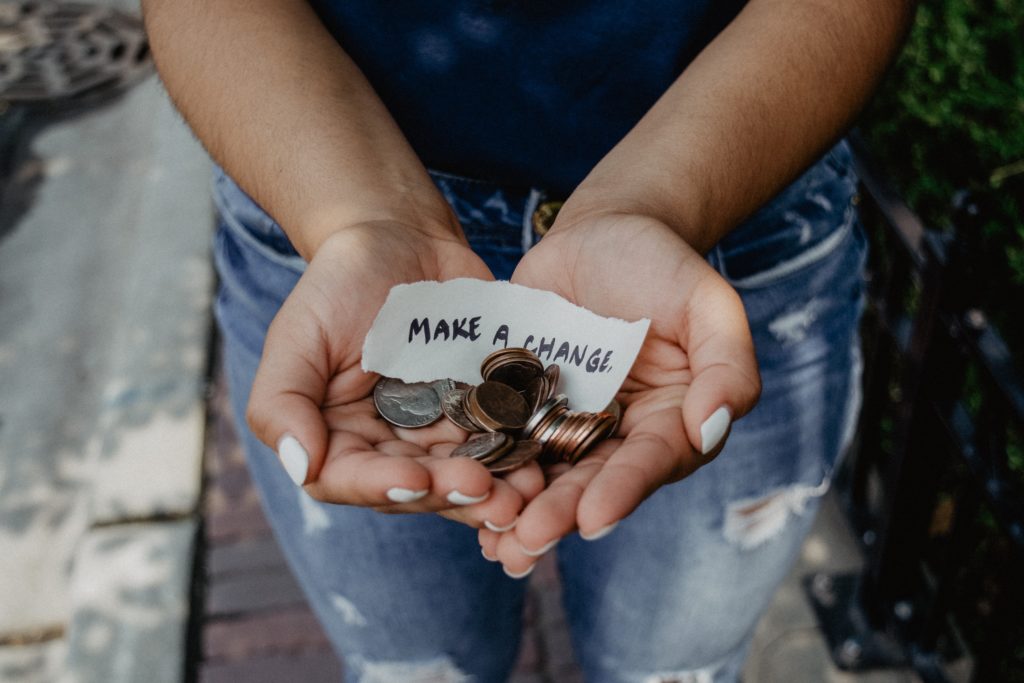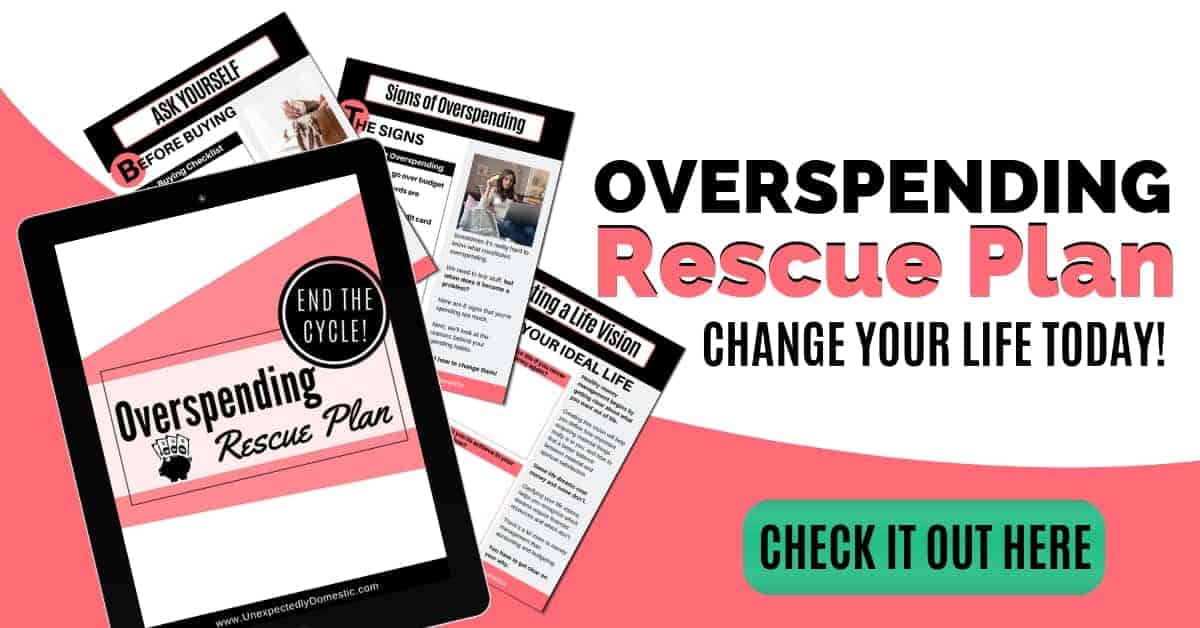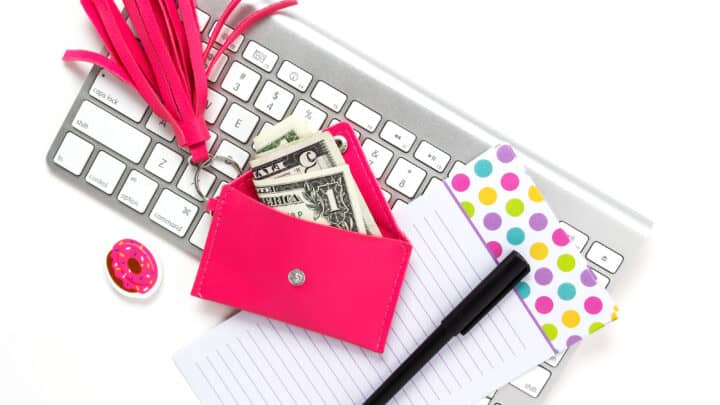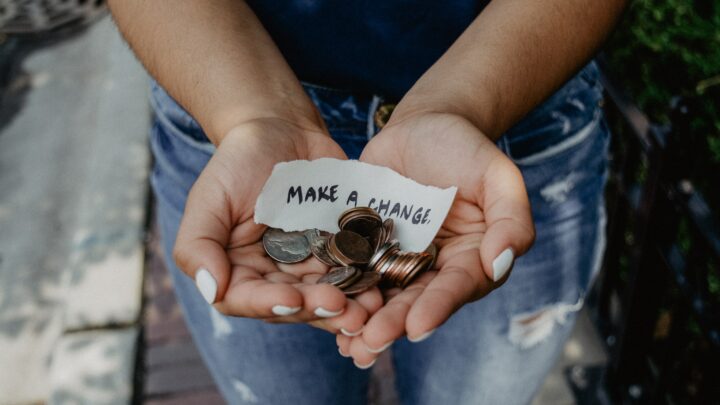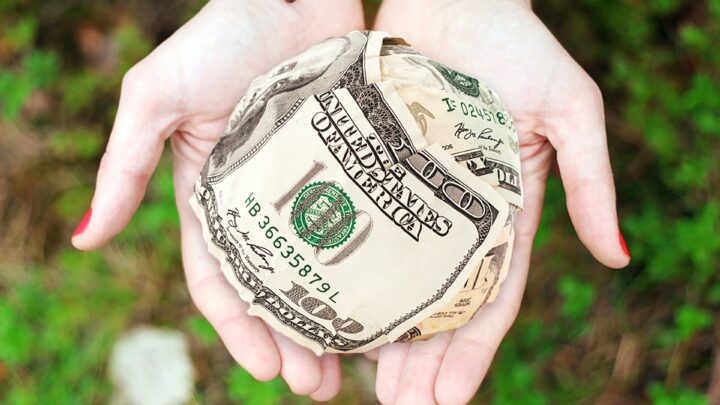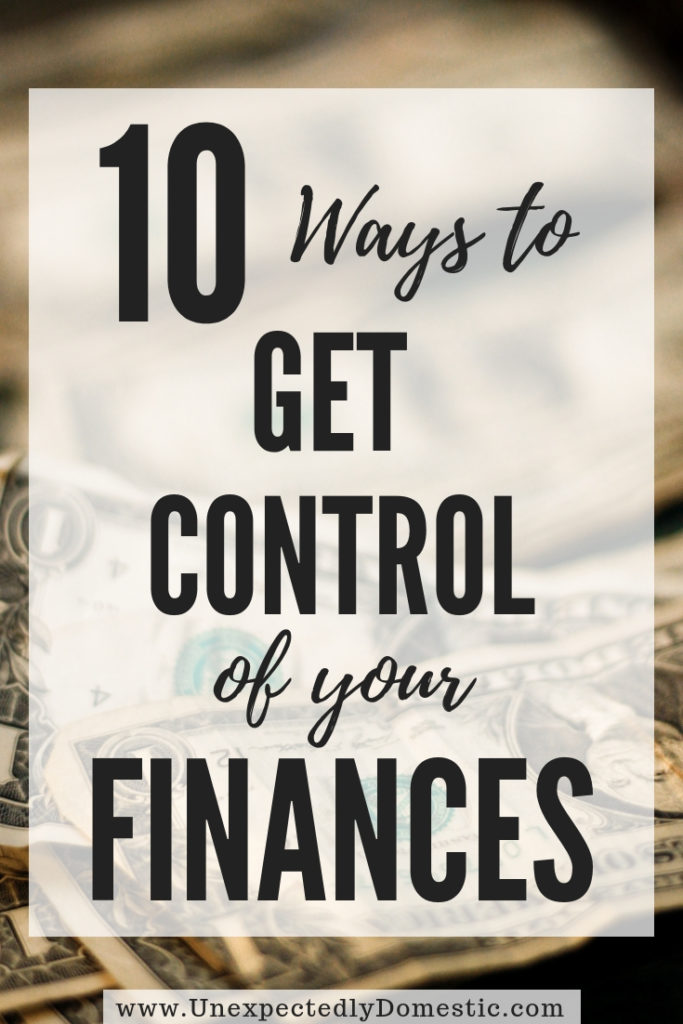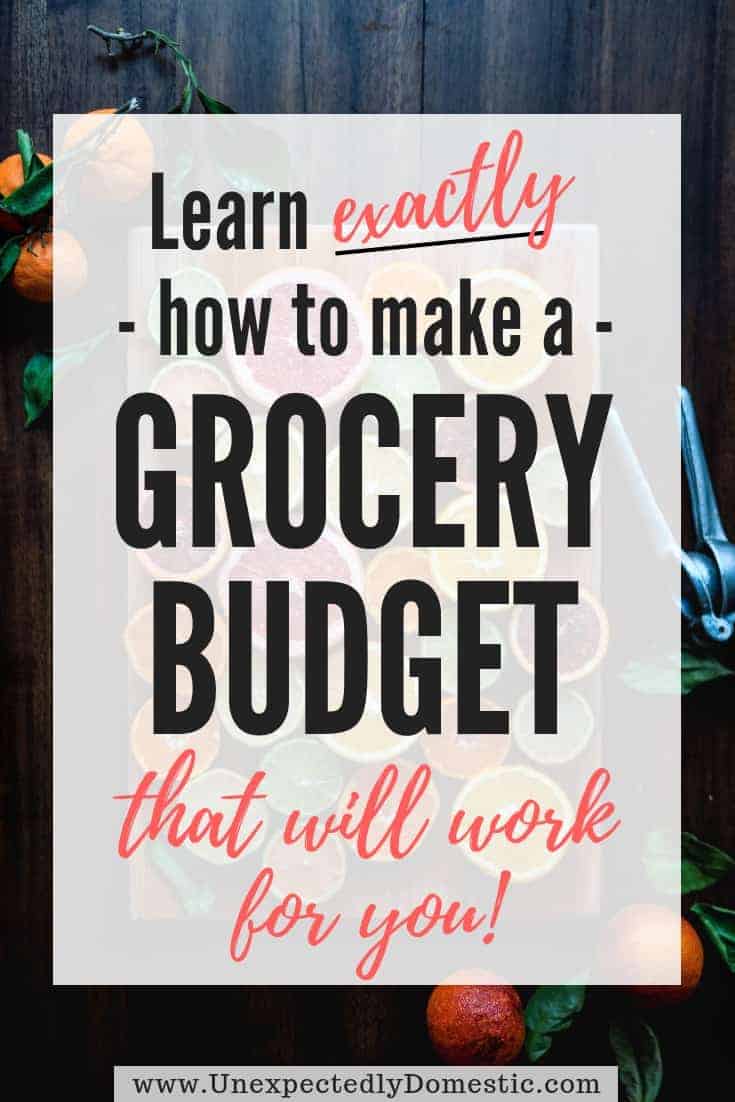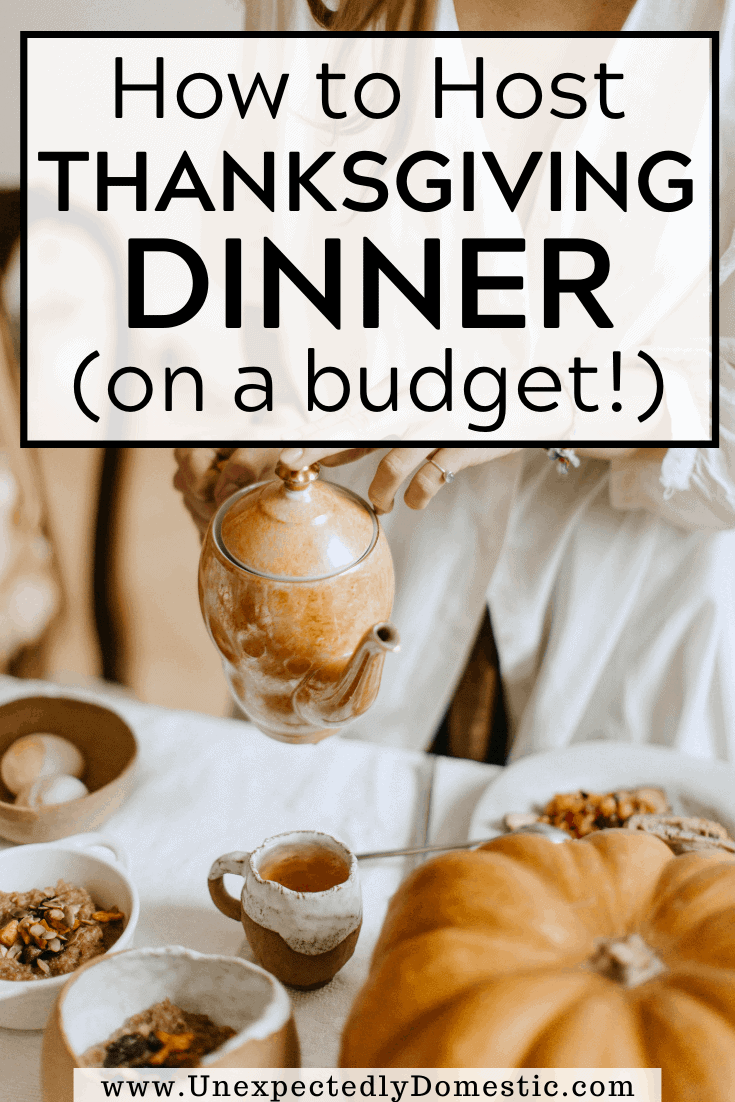10 Things To Do To Finally Get Control of Your Finances
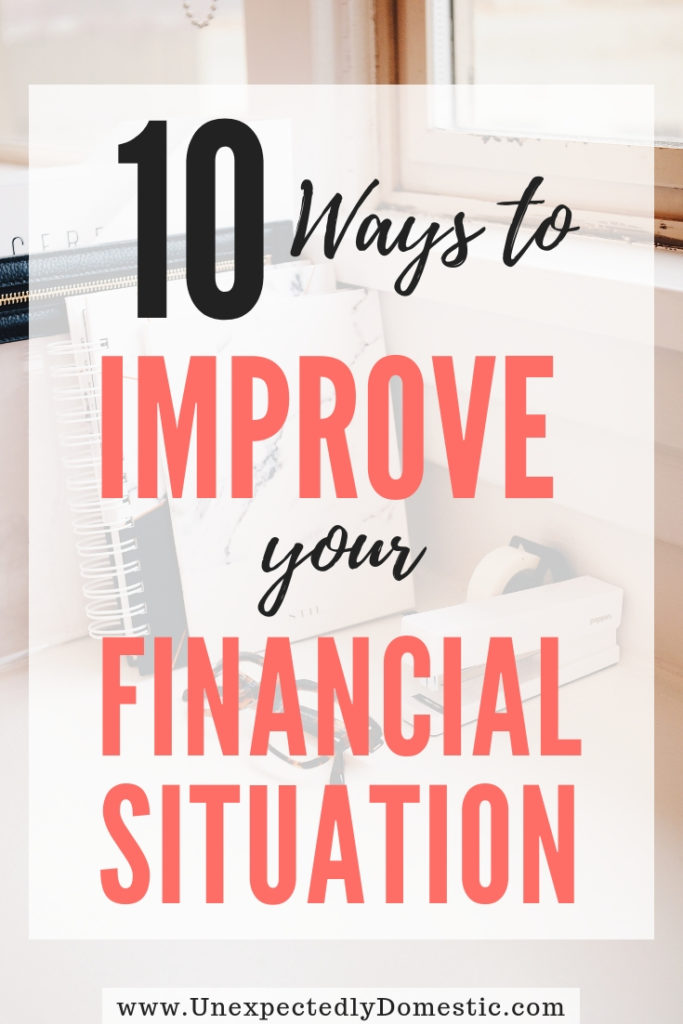
When you look at your bank account, do you find yourself frustrated and wondering ‘how do I get my finances in order?’ Or do you think that your financial situation is hopeless? If you’re looking for inspiration on how to improve your financial situation, this should help!
Here are 10 ways to get control of your finances! The beautiful thing about managing your money is that you can ALWAYS turn it around. There is no situation so bad that you can’t fix it.
You May Also Like:
- Where to Start When You’re Flat Broke
- 10 Money Myths that are Keeping You Broke
- The 13 Habits of Financially Successful People
- 15 Spending Leaks that are Destroying Your Budget
This post may contain affiliate links. You can view my full disclosure policy here.
About 8 years ago, I had lots of student loan debt, a terrible credit score, and was behind on my bills. I had absolutely no idea where to start. I read The Total Money Makeover, and it totally changed my money mindset.
Suddenly I could make a plan for my finances! I felt empowered to make change, and have been completely debt free for almost 2 years.
These are the steps I followed. You can follow them too, and it will vastly improve your personal finance situation.
👉 Join our FREE 3 Day Budget Quickstart Challenge! It’ll walk you through creating a custom budget for YOUR exact situation.
10 Ways to Improve Your Financial Situation
1. Check your credit report
In order to get control of your finances, you need to have a starting point. You also need to know if there are debts affecting your credit score that aren’t even yours!
By checking your credit report, you’ll be able to find out your credit score, and what factors are impacting it. If there are errors on it, you can file a dispute, and that alone can improve your score.
I use Credit Karma to keep track of my credit score. I was even able to easily file a dispute right through their website with ease. It’s completely free and I highly recommend it!
2. Add up your debt
Now that you have looked at your credit report, don’t freak out. Sticking your head in the sand will get you nowhere! To create your new financial plan, you need all the details.
This means adding up all your debt. Take a piece of paper (or make a spreadsheet if that’s your thing) and list the name and amount of each amount that you owe to others.
Come up with a grand total, even if it hurts a little. Once you know how much you owe, you can come up with a plan to start paying it off.
Dave Ramsey’s Debt Snowball Method is one of the easiest ways to approach debt repayment that I have found.
3. Define your financial goals
So that you know where to aim, it’s time to start thinking about your financial goals. In order to set those goals, you need to figure out your priorities.
That involves determining what things are important to you and rank them. Do you want to be debt free? Or save money for a different car or house down payment? Maybe you dream of retiring at a certain age or help your kids pay for college.
I like to choose one main goal on a time, and accomplish it before moving on to the next. But do what works best for you.
Related: 12 Tricks for Setting Goals You’ll Actually Achieve
Even if it seems impossible right now, it’s SO important that you believe you can accomplish your goals. Without that belief in yourself, you don’t stand a chance.
4. Create a household budget
Believe me, budgeting is not nearly as complicated as it sounds. A budget is just a plan for how you’ll spend your money.
If you don’t have a plan, your money will just evaporate, and you will always be wondering where it went.
Here are the steps to create a simple budget:
- Calculate your monthly income (your take home pay)
- List your fixed expenses (your regular monthly bills)
- Total those expenses, and subtract them from your monthly income
- Decide what you do with what’s left (assign some money to savings, and as much as you can to debt repayment)
- The amount that remains is for food and entertainment
Related: Budgeting for Beginners – A Step-by-Step Guide for Getting Started
5. Start saving
Even if you are more focused on paying off debt right now, it is still very important to have an emergency fund. Unfortunately, crappy stuff just happens in life sometimes.
From car issues, to unexpected medical bills, to household repairs, you have to account for the unpredictable. And while those things are inconvenient, they are even more troublesome when you don’t have the money to cover the cost.
If you think credit cards are your emergency fund, you might be broke for life. You need an actual savings account with at least $1000 in it.
Even if it takes a while to get to that $1000, you will get there if you just start saving a portion of each paycheck. The best way to accomplish this is to set up an automatic transfer from your checking account to your savings account.
Set it up so that right after every paycheck, a certain amount gets transferred to savings. That way you won’t forget or accidently spend that money.
6. Stop using your credit cards
If you have credit card debt, you have to stop using them! There’s no way to get out of debt if you keep adding to your balance.
This will take an attitude shift, but if you don’t have the money to buy something, just don’t buy it. Don’t put it on your credit card.
Having space on your credit card is not the same as having the money to buy something. You’re just constantly borrowing money, and then paying more for everything because of the interest.
You’re just making the banks richer, and who wants that?
7. Stop shopping
Even if you’re not charging everything to your credit card, you’re probably spending way more than you need to.
If you wander around stores, you’re just going to buy more stuff. Unless you have superhero-style self discipline, it’s best if you just stay out of the stores.
Believe me, I know. If I tell myself that I’ll just look around, I absolutely ALWAYS buy more than I intended. Things I don’t even remotely need, and will probably forget about in a week. Can you relate?
When you go grocery shopping, write down a very specific list, and don’t look at anything else.
Related: 5 Ways to Save Money on Groceries (without using coupons!)
This also goes for online shopping. If you don’t go looking for things to buy, you won’t find them. Unsubscribe from all those sales emails you get every.single.day too. They’re just constantly encouraging you to buy buy buy.
If you’re having a hard time breaking your shopping or spending habit, check out the Overspending Rescue Plan!
I created it from my own experience, and have since helped countless others break their shopping addiction!
8. Learn to be content with less
You don’t actually need all the things you think you do. Your happiness can’t rely on spending money. We’re constantly being bombarded with advertisements, and they’re all designed to make us unhappy with our current situation.
You might not even realize that it’s happening, so start trying to be aware of the marketing all around us.
Look for activities you enjoy that don’t involve spending money. Rent a Redbox dvd or stream a movie instead of going to the theater. Have a make your own pizza or game night at home with friends if you usually go out.
Related:
- 120 Free and Cheap Summer Activities
- 107 Affordable Ideas for your Fall Bucket List
- 75 Winter Bucket List Ideas to Help You Enjoy the Season More
- Fun Things to Do in the Spring: 70 Ideas for Your Spring Bucket List
It can even be fun to get creative with how little you can spend!
9. Eat at home
Eating at restaurants and even fast food adds up far more than you realize. Don’t believe me? Go through your bank account and calculate how much you spent last month eating out or getting takeout.
The easiest way to be successful with eating at home is to start meal planning. Again, it’s not that difficult. It’s simply a plan for what your household will eat.
You may find these helpful:
- How to Get Started Meal Planning Today: 15 Easy Tricks
- 5 Easy Meal Planning Strategies for Beginners
- 10 Cheap and Easy Meal ANYONE Can Make
- Free Meal Planning Kit (with 150+ dinner ideas!)
Try eating dinner at home and packing your lunch this month. You will seriously save so much money by this one simple change!
10. Earn extra money
If you really want to improve your financial situation quickly, the absolute quickest way is to earn more money. You can reach your money goals so much faster by having more of it to save or pay down debt with.
Here are 21 ways to earn extra money. I guarantee there is something on the list for everyone!
Who knows, you might start earning more with your new side hustle than you ever did at your regular job.
Related: 5 Ways to Make Money From Home with No Experience (+ the resources to get started!)
In conclusion
I hope that you now realize that your finance situation is not hopeless and you can get control of your finances today. Consider reading The Total Money Makeover and really turn things around.
Your current reality is made up of all the little choices you made in the past. To make your future reality better, start by changing up the little choices you’re making today. Eight years ago, I never thought I’d be debt free, with money saved, and a great credit score.
Your life can be whatever you decide it will be!
P.S. Don’t forget to join the FREE 3 Day Budget Quickstart Challenge! It’ll walk you through creating a custom budget for YOUR exact situation.
Be sure to also check out
Our Most Helpful Money Management Posts:

